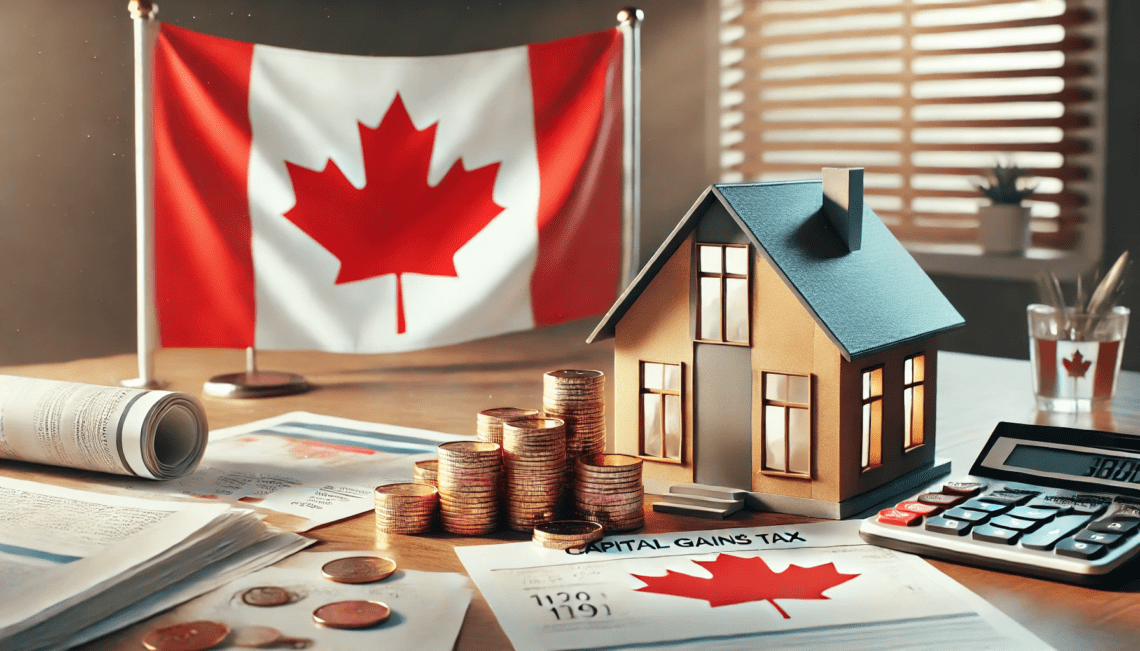
How to recoup your investment when you sell
Many homeowners improve their homes before listing them for sale, and this includes extensive upgrades. After all, freshening up the home should always result in a higher sale price, right?
Wrong.
The term “fix it and sell it” is commonly linked with real estate, yet renovations seldom pay for themselves. Continue reading to learn how to remodel intelligently and which improvements will add the most value to your home.
TAKEAWAYS IMPORTANT
- Basics, curb appeal, value-added, and personal taste are the four sorts of rehabilitation projects. They don’t all offer a great return on investment.
- The fundamentals include a leak-free roof, working gutters and downspouts, a dry basement, a dependable furnace, solid flooring, well-maintained walls, and functional retaining walls.
- A well-kept grass, low-cost landscaping, fresh paint inside and out, cleaned carpets, and new fixtures are all examples of curb appeal.
- New siding, kitchen upgrades, and new windows are among the value-added features.
- Swimming pools, tennis courts, hot tubs, wine cellars, underground game rooms, and ponds are examples of personal preference projects.
1. The Fundamentals
The fundamentals are the items that purchasers anticipate when they buy a property. This includes a leak-free roof, working gutters and downspouts, a dry basement, a dependable furnace, solid flooring, well-maintained walls, and functional retaining walls. Most prospective purchasers would also expect your home’s plumbing and HVAC systems to be operational. Inexpensive residences, the fundamentals may also include a particular number of bedrooms, baths, and multiple-car garages, as well as any additional facilities that are common in the community.
On the other side, while you want your home to stand out from the crowd, you shouldn’t over-improve it to the point that it outperforms other houses in the neighbourhood. You will not only lose money, but you may also frighten off potential purchasers. In short, before you spend a fortune on a massive full-house restoration job, investigate what the competing houses in your neighbourhood have to offer. Determine how similarly priced houses in your community compare, and make adjustments depending on your individual market.
2. Attractiveness
Items that improve curb appeal make the home seem better when prospective buyers come. While these renovations may not add much monetary worth to your property, they will help it sell faster. A well-kept grass, low-cost landscaping, fresh paint inside and out (at least the front door), cleaned carpets, and new fixtures are all examples of curb appeal (even redoing the address numbers). You may save money and time by doing these chores yourself.
Lighting is another element that can break the bank. While you want the house to look bright and inviting, you don’t want to overdo it or overrun your home circuitry. Instead, consider installing recessed or LED lights for a modern-looking upgrade. If you need help with these projects, you can consult an interior decorating professional. Just make sure you lean toward inexpensive choices.
3. Added Value
Fix-it-and-flip-it proponents prioritise improvements that add significant value, and they should be high on a homeowner’s list as well. While the majority of these attempts will not return their investment, some will. According to the National Association of Realtors (NAR), new siding, kitchen improvements (new worktops and state-of-the-art appliances), and new windows are among the projects with the best return on investment, recouping up to 80% of their expenditures during resale. Upgraded bathrooms, rebuilt decks, and energy-saving upgrades also provide a lot of bang for your dollars.
4. Individual Preference
Personal preference projects are cool things that you desire but that others may not enjoy or be ready to pay for. Swimming pools, tennis courts, hot tubs, wine cellars, underground game rooms, and ponds are common in most parts of the nation. A swimming pool, believe it or not, seldom adds value to a property. To begin with, installing an in-ground pool is generally rather expensive. Second, many house buyers see a pool as a high-maintenance headache and a safety danger, especially because it is only used for a few months out of the year (unless you live in a tropical climate, of course).
There’s no wrong in including these objects in your home, but don’t expect potential buyers to pay a premium for them when you’re ready to sell. Also, be aware if the remodelling entails the replacement of a popular or ubiquitous element. If every other house in your area has a two-car garage, you should reconsider turning yours into a gaming room. Do you really want to be the only house in the neighbourhood with no safe parking?



